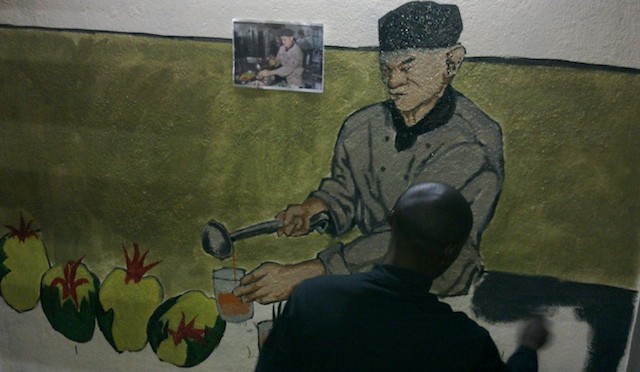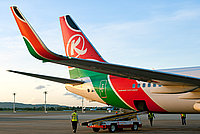A guest post by Shiroh.
Many people ask me how to make money especially because I work in an institution that helps people make money. I don’t know the answer, as I have little wealth myself, but I can give a few tips that I have learnt from those who do.
1. Read widely: Most people get information when it is no longer useful. Information is power, so the adage goes. Get information when it is hot. Don’t buy a share when the owners have already issued a good dividend – instead monitor the activities of that particular company for a period of time. Read the financial statements and its notes. The likelihood of making money when the dividend is announced is almost zero. Instead, read about the acquisitions/mergers the company is making. For example, what is the impact of Kenya Airways buying new planes? What is the effect of the international debt that Kengen and Safaricom keep taking periodically, on the company’s future profits? In short, do your research, and stay extremely informed.
Also read personal finance books and blogs. If there is one book I thank the heavens for, it is Rich Dad, Poor Dad. This is the book that introduced me to personal finance. These books are available everywhere, and have a look at them as ignorance is not bliss.
2. Have the money ready: If you are like any other Nairobian, you live from one pay slip to another, or you are on the verge of taking a credit card because the money is no longer enough to last a whole month. When deals come, it is your ability to pay for it, mostly in cash that counts. If you’re considering taking a loan, interest rates are quite high, so the returns will be wiped out.
You have put money away so that when an opportunity strikes, you will be in a position to take advantage of it, so Save! Save! Save! . If you cannot save Kshs. 2,000 ($24) per month, then you are unlikely to be able to Kshs. 20,000. Also consider:
– Joining a SACCO (Savings & Credit Society) if you don’t have the discipline to save.
– Have standing orders with your bank that automatically place money in savings accounts (which are not easily accessible).
– Resist the urge to spend on things you don’t immediately need. 
3. Diversify your income: There is always something you can do outside of your job that could give you the extra money. You can read more on this here.
4. Use Professional advice: Many people think they can do everything without professional advice. Get a good lawyer, accountant, and financial advisor to before embarking on major steps. Just like you go to a doctor when you are sick, or a lawyer when you are making deals, also visit a financial advisor if you need to know how to invest.
5. Network: The big deals are made in small smoky bars. This means that you need to align yourself with the right people who know where the deals are. If this means joining your local rotary so that you can get the right introductions, do it. If it means doing more social work, do it. In short, the world is unfair to those who don’t know the rules of the game.

